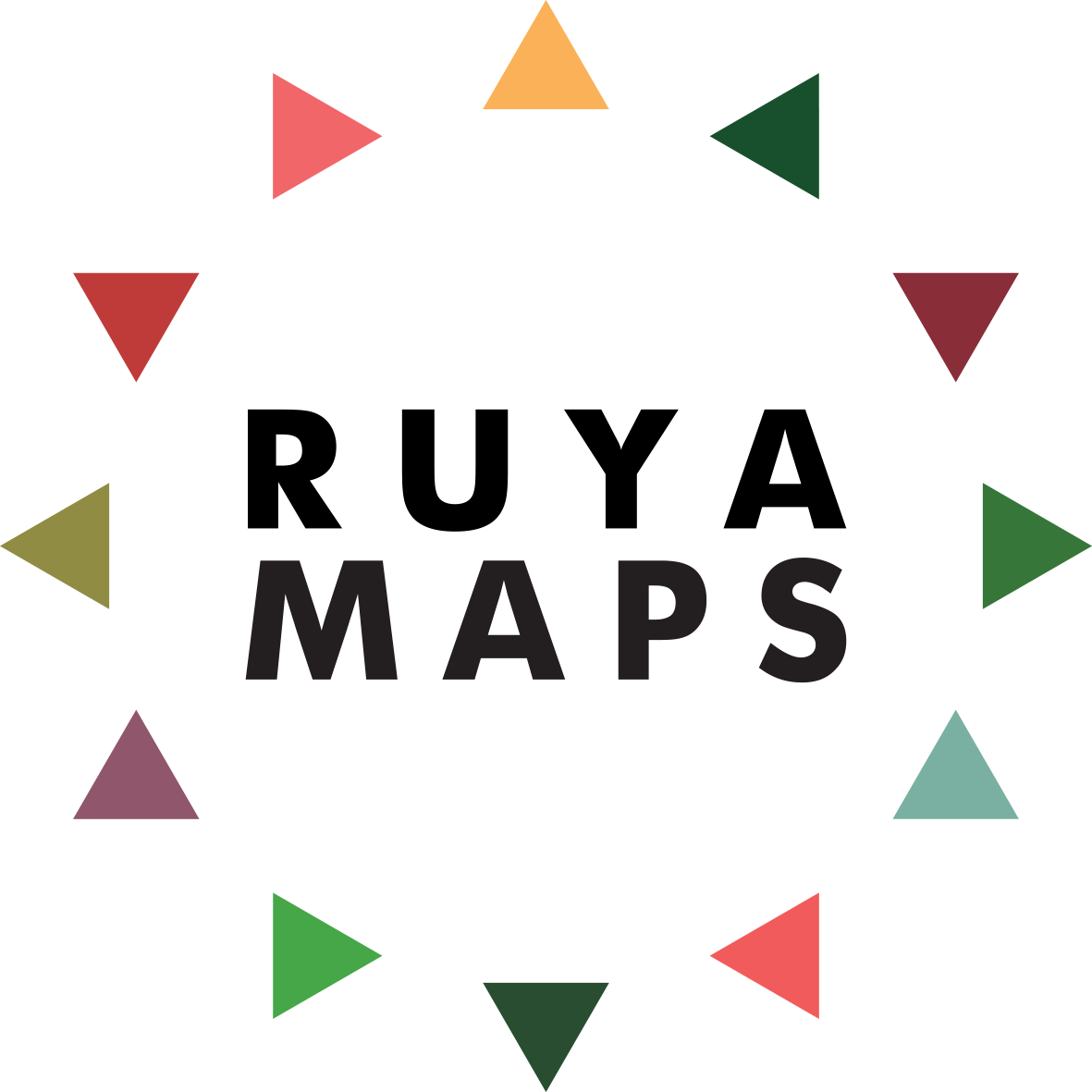The 'Heartbreak' Podcast Series
EPISODE 1: DIDO AND AENEAS
For its first episode the Heartbreak podcast series explores Virgil’s Dido and Aeneas - characters who form a central metaphor in the exhibition.
Host Ruby Gilding is joined by leading experts including Professors Stephen Harrison (Corpus Christi, Oxford), Bryan White (Leeds University), Themelis Glynatsis (Greek National Opera) and Edith Hall (King’s College London).
EPISODE 2: LAYLA AND MAJNUN
In this episode we take a closer look at Layla and Majnun, which has been a popular theme in literature since its origins in Bedouin oral storytelling. Majnun was associated with a real life character who probably lived in the second half of the seventh century in the Arabian peninsula, but by the Persian poet Nizami’s time in the twelfth century there were many variations of the Majnun theme circulating.
Here to discuss Layla and Majnun are Dr Mammad Aidani, from Melbourne University, Dr Michael Chagnon curator at the Aga Khan Museum in Toronto, Dr Elisabetta Raffo, director of the Bruschettini Foundation in Genoa, and Shorsh Saleh, a Kurdish artist who includes carpet making and Persian miniatures in his practice.
View the paintings discussed in this episode here.
EPISODE 3: MAPS
This episode looks at maps, both as material objects and as tools that shape how we see the world we live in. It looks at how maps have been used to divide countries, and how across those same borders they can be used to bring communities together. It takes in the practical implications of map making, such as for refugees who are living in temporary camps, and the romanticised sense of wandering off the beaten path. It questions the authority of maps, whilst also realising that they can lend this authority to marginalised people. The episode is largely inspired by Lana Cmajcanin’s commissioned work of a ‘war table’ which features 70 layers of historic maps of the Mediterranean that can be moved around and in doing so, question the arbitrariness of borders.
Here to discuss maps is Dr Brian Tomaszewski, a geographic information systems and crisis management academic from RIT, Lucas LaRochelle a multidisciplinary designer and Dr Robert Herian a senior lecturer in law at the Open University.
EPISODE 4: CHILDHOOD
This episode takes a different turn in its approach to heartbreak, rather than look at romantic or political loss it explores nostalgia for a lost time. Our earliest experiences of heartbreak can often be traced to childhood. In the episode we take in a range of perspectives on the relationship between childhood and loss, and how that manifests in material culture, from a psychologist, a curator and an architect. The episode is largely inspired by the works of the artists Fusun Onur and Farah Khelil. Each of Fusun Onur’s pieces explore the fragility of the domestic sphere through: mixed media embroidered frames, a sculpture that incorporates a music box’s spinning mechanism and even her own childhood dolls house. Farah Khelil also plays on nostalgia; many of her works repurpose materials such as tourist souvenir postcards of her hometown Carthage. The transitory nature of childhood finds an echo in the city’s own transitions.
Here to discuss childhood are the psychotherapist Dr Owen Madden, curator at The Foundling Museum Kathleen Palmer and the architect and instigator behind The Giant Dolls House project Catja de Haas.
Episode 5: War
This final episode of the podcast series looks at the underlying the cause of many of the different experiences of heartbreak we have explored, war. It draws on the connection between war and the people it displaces, and looks at how those people are represented.
A number of works in Heartbreak deal directly with conflict. RUYA MAPS commissioned the artist Majd Abdel Hamid to produce a series of embroidery works that feature the blueprints of Tadmur prison in Syria that was destroyed by ISIS. The exhibition also includes works by the Dada artist Imad Issa, they document his personal experience of living through civil war in Lebanon through performance-films and a series of busts that are damaged by shrapnel
Joining us on this first segment of the podcast are the film making duo Elena Horn and Alessandro Leonardi to discuss the process behind making their documentary film ‘Pizza, Democracy and the Little Prince’, and how it represents refugees differently. Watch the trailer for Elena and Alessandro’s short film here: https://vimeo.com/313879071.
